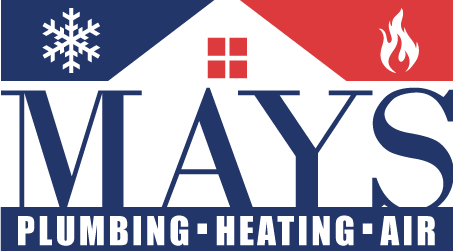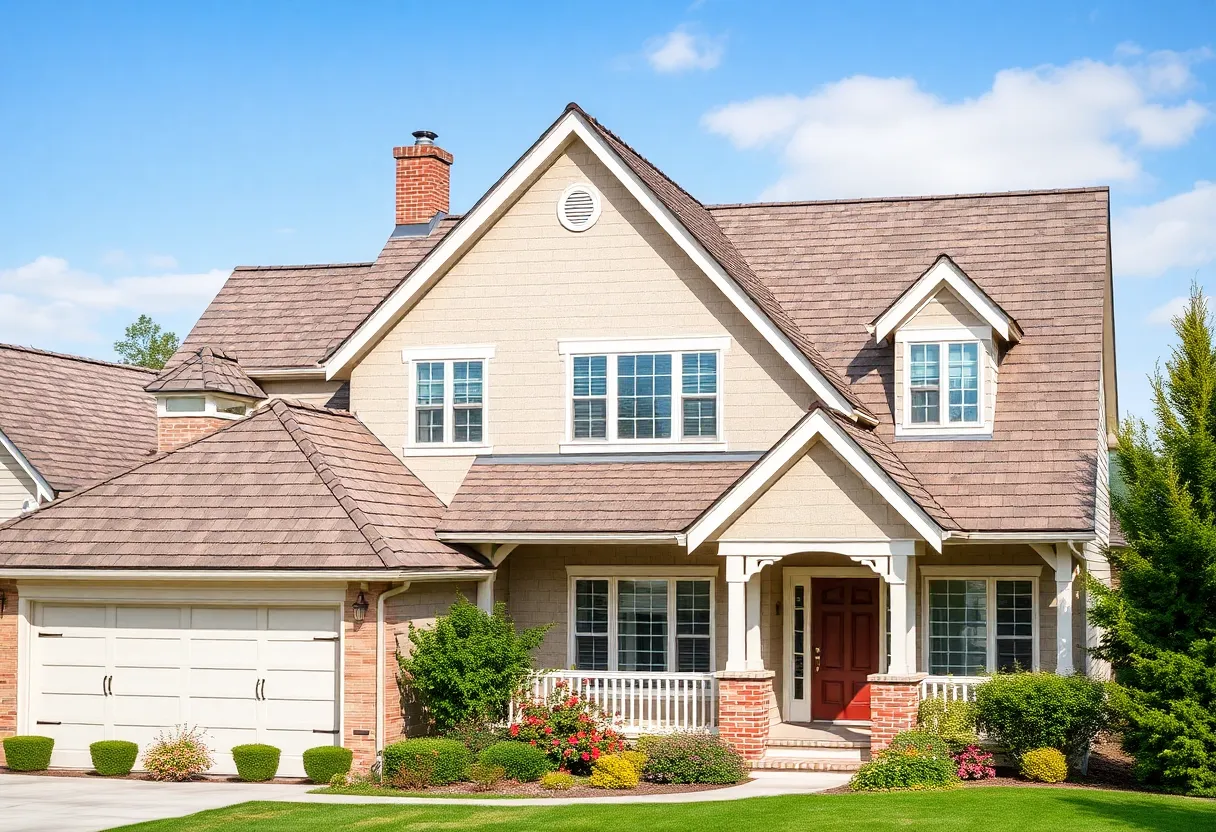How to Select the Right Roofing System for Your Home’s Unique Needs
Choosing the right roofing system is a crucial decision for homeowners. It involves various factors, including climate, aesthetics, durability, and cost. This article provides clear insights on how to evaluate and select the most suitable roofing system for your unique requirements.
Understanding Your Home’s Architecture and Design
The style of your home plays a significant role in determining the type of roofing system that will work best. Traditional homes often look best with materials like asphalt shingles or slate, while more modern designs may be suited to metal roofing or flat roofs.
Consider the Roof Pitch
Your roof’s pitch directly affects the choice of material. Steeper roofs can handle heavier materials, such as tiles or slate, which may not be ideal for low-pitched roofs. Low-slope roofs typically require specialized materials that prevent water accumulation, like built-up roofing or single-ply systems.
Evaluate Local Architectural Trends
Consulting local trends can provide insight into materials that are not only suitable but also aesthetically pleasing within your neighborhood. This consideration can enhance your home’s curb appeal while maintaining consistency with surrounding properties.
Assessing Local Climate Conditions
Understanding the climate in your area is essential. Different roofing materials perform better under various weather conditions.
Rain and Humidity
In areas with heavy rainfall, materials that offer excellent water resistance, such as metal roofing or asphalt shingles with proper sealing, are necessary. These materials help prevent leaks and water damage.
Snow and Ice
In colder regions, selecting a roofing system that can withstand the weight of snow is vital. Roof systems with a moderate pitch can help snow slide off, reducing the risk of leaks or structural damage. Consider asphalt shingles or metal options that perform well in snowy climates.
High Temperatures and Sun Exposure
For homes in hot areas, energy-efficient roofing materials can help mitigate heat absorption. Consider reflective materials like tiles or metal, which can reduce cooling costs by keeping the attic and upper levels of the home cooler.
Evaluating Durability and Maintenance Requirements
Different roofing materials have varying lifespans and maintenance needs. Understanding your willingness to invest in upkeep can narrow your options.
Material Lifespan
Asphalt shingles generally last 15 to 30 years, while metal roofs can last 40 to 70 years. Tile and slate roofs often exceed 50 years but at a higher initial cost. Determine how long you plan to stay in your home to choose a system that meets your longevity expectations.
Maintenance Considerations
Some materials require more frequent maintenance. For example, wooden shingles demand regular treatment to prevent mold and rot, whereas metal roofs typically need less upkeep. Researching the long-term care required for each option can help you select a suitable roofing system.
Budgeting for Your Roofing Project
Setting a realistic budget is critical to making a wise decision. Different roofing materials come with varying installation costs and long-term expenses.
Material Costs
The cost of roofing materials ranges significantly. While asphalt shingles are often the most economical choice, premium materials like slate can be much higher. Always obtain multiple quotes to ensure you understand the costs involved fully.
Installation Expenses
Consider the cost of installation in addition to material prices. Complex designs may require skilled labor, increasing overall expenses. Getting quotes from multiple contractors can help you find a cost-effective option.
Sustainability and Energy Efficiency
More homeowners are prioritizing materials that offer environmental benefits. Sustainable roofing options can positively impact your energy savings.
Eco-Friendly Materials
Consider materials like bamboo, reclaimed wood, or recycled metal if sustainability is a priority. These materials not only reduce waste but can also improve your home’s overall ecological footprint.
Energy-Efficient Options
Energy-efficient roofing options, such as cool roofs or highly reflective materials, can help save on energy costs throughout their lifespan. Solar panels, while an investment, can also add value to your home and reduce reliance on grid electricity.
Local Building Codes and Regulations
Before proceeding with your roofing project, familiarize yourself with local building codes and regulations. Compliance is paramount to avoid costly fines and potential safety hazards.
Permits and Regulations
Many regions require permits for roofing projects, especially for extensive renovations or the installation of specific materials. Check with local authorities for guidelines to ensure your project is compliant.
Insurance and Liability
Understanding your insurance requirements is crucial. Certain roofing materials may be incentivized by insurance companies, providing potential savings for homeowners with durable, low-risk systems.
Consulting with Professionals
Engaging with roofing professionals can provide valuable insights tailored to your home’s needs. Their expertise can help determine the best solutions based on evaluating your specific conditions.
Get Multiple Estimates
Always seek multiple estimates from reputable contractors before making a selection. Different contractors can provide varying insights based on their experience and knowledge of the local market.
Ask for References and Reviews
Requesting references and reviewing past customer feedback can offer a more comprehensive understanding of a contractor’s quality and reliability. Ensure that the contractor is licensed and insured for your peace of mind.
Conclusion
Selecting the right roofing system for your home requires careful consideration of numerous factors, from architectural style to climate, budget, and sustainability options. By following this structured approach, you can make a more informed decision that meets your home’s unique needs, ensuring lasting value and comfort.
Author: STAFF HERE ROCK HILL
The ROCK HILL STAFF WRITER represents the experienced team at HERERockHill.com, your go-to source for actionable local news and information in Rock Hill, York County, and beyond. Specializing in "news you can use," we cover essential topics like product reviews for personal and business needs, local business directories, politics, real estate trends, neighborhood insights, and state news affecting the area—with deep expertise drawn from years of dedicated reporting and strong community input, including local press releases and business updates. We deliver top reporting on high-value events such as the Come-See-Me Festival, Rock Hill Arts Festival, and motorsport events at the Rock Hill Velodrome. Our coverage extends to key organizations like the Rock Hill Chamber of Commerce and the Culture & Heritage Museums, plus leading businesses in manufacturing and technology that power the local economy such as 3D Systems and Comporium. As part of the broader HERE network, including HEREAiken.com, HEREBeaufort.com, HEREChapin.com, HERECharleston.com, HEREClinton.com, HEREColumbia.com, HEREGeorgetown.com, HEREGreenwood.com, HEREGreenville.com, HEREHiltonHead.com, HEREIrmo.com, HEREMyrtleBeach.com, HERENewberry.com, HERERockHill.com, and HERESpartanburg.com, we provide comprehensive, credible insights into South Carolina's dynamic landscape.



 Mays Contracting
Mays Contracting

